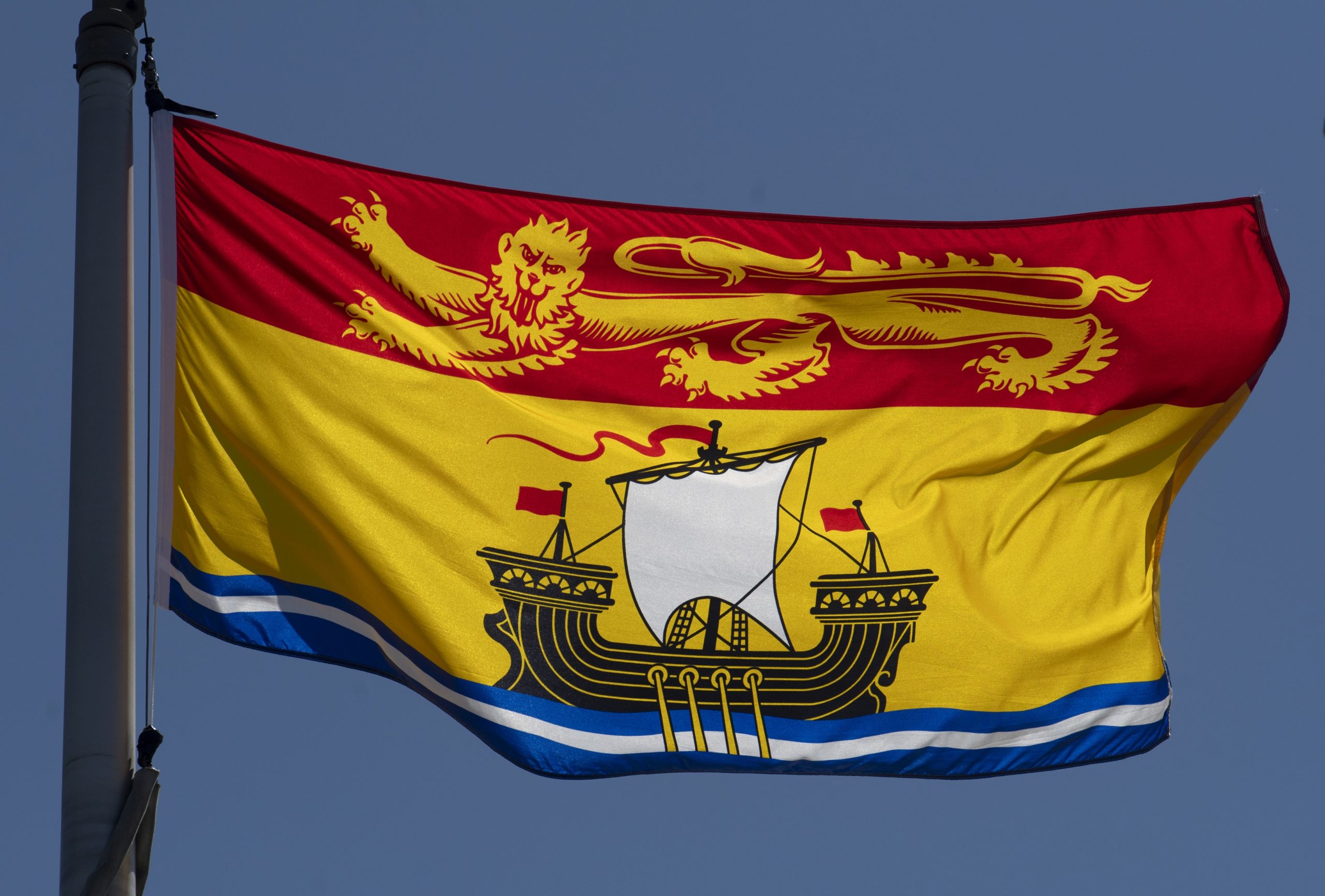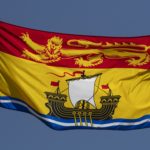N.B. chiefs call on commissioner to denounce gag order on land acknowledgments

FREDERICTON — New Brunswick's six Wolastoqey chiefs called on the province's new commissioner on systemic racism on Monday to take a stand against the provincial government's ban on land acknowledgments.
Last Thursday the province ordered government employees to stop referring to unceded or unsurrendered lands when speaking at public meetings.
Attorney General Hugh Flemming said the directive was in response to a lawsuit filed last year by the Wolastoqey communities claiming ownership of more than 60 per cent of the province.
Tobique Chief Ross Perley said commissioner Manju Varma, who was appointed last month to address systemic racism in the province, should intervene to ask the attorney general to stand down. Chief Allan Polchies of the St. Mary's First Nation also said Varma needs to denounce the government's language on the issue.
"She is tasked with addressing systemic racism in New Brunswick, and she must stand up when systemic racism is on full display, which it is with the memo that was released on Thursday," Polchies said in an interview Monday.
Reached in Moncton, Varma said it was the first she was hearing of the First Nations' request. "It would be very irresponsible of me to comment on something that I haven't gotten a lot of information on," she said.
However the commissioner said she's open to those discussions and would be reaching out to the chiefs and the government. Varma said she had seen media reports on the acknowledgments issue and the reaction on social media, and it concerned her.
"When I saw that, I was concerned about what sort of impact that would have on my relationship with the Indigenous communities and the work that I would like to do with them," she said. "I'm not a provincial employee. I am independent, and my work with them will be from an independent lens."
Varma said she had read there was no consultation before the announcement, and that was also a concern.
Polchies said consultation with the provincial government is non-existent. "There was never any consultation with Indigenous leaders on everything the provincial government has released in the last year-and-a-half," he said.
He stressed the case before the courts is a title case, not a land claim.
"We've been very clear that we're not seeking the return of all the land in our territory. We're not looking to displace homeowners. We are seeking a declaration of title to our territory, which has never been ceded," he said.
Meanwhile, the president of CUPE New Brunswick, which represents 28,000 public sectors workers in the province, expressed disappointment with the government memo.
"Any attempt to discipline our members for making land acknowledgments will be met with grievances," Steve Drost said in a statement Monday.
Drost said the union urges its members to use words such as "unceded" and even "stolen" to describe the lands they live on. "That New Brunswick exists on the stolen, unceded and unsurrendered lands of the Mi'kmaq, Wolastoqey and Peskotomuhkati is not up for debate — it is a fact," he said.
This report by The Canadian Press was first published Oct. 18, 2021.
Kevin Bissett, The Canadian Press




